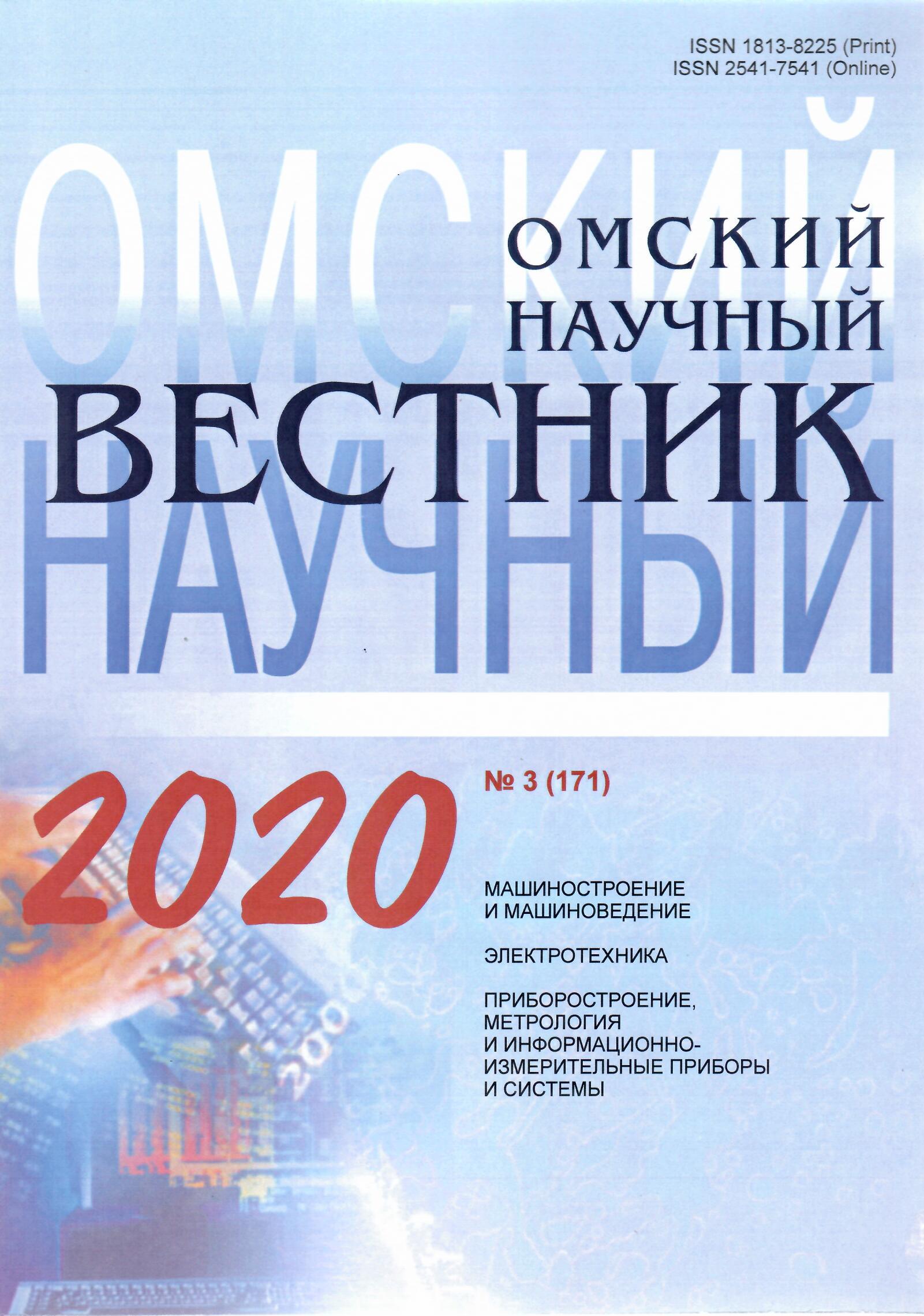Comparative analysis of control methods with predictive models of six-phase permanent magnet synchronous motor
DOI:
https://doi.org/10.25206/1813-8225-2020-171-51-56Keywords:
model predictive control, dual three-phase synchronous machine, voltage source inverter, transient characteristicsAbstract
This article presents a comparison of the performance of the sixphase permanent magnet motor (PMSM) based on two control methods: continuous control set model predictive control (CCSMPC) and a finite control set model predictive control (FCSMPC). The basic concepts and principles of control systems for synchronous motors with permanent magnets are examined, their behaviors are studied to compare the effectiveness of these methods. The CCS-MPC method is studied on a simulation
model of dual three-phase PMSM for the first time, unlike the previously used FCS-MPC control method. The simulation results are presented in the form of graphical dependencies. Analysis of the results shows that when using the CCS-MPC method, the state variables accuracy controlling of the drive is higher, dynamic errors are less, although the speed of the FCS-MPC method is higher.
Downloads
Published
How to Cite
Issue
Section
License
Non-exclusive rights to the article are transferred to the journal in full accordance with the Creative Commons License BY-NC-SA 4.0 «Attribution-NonCommercial-ShareAlike 4.0 Worldwide License (CC BY-NC-SA 4.0»)




